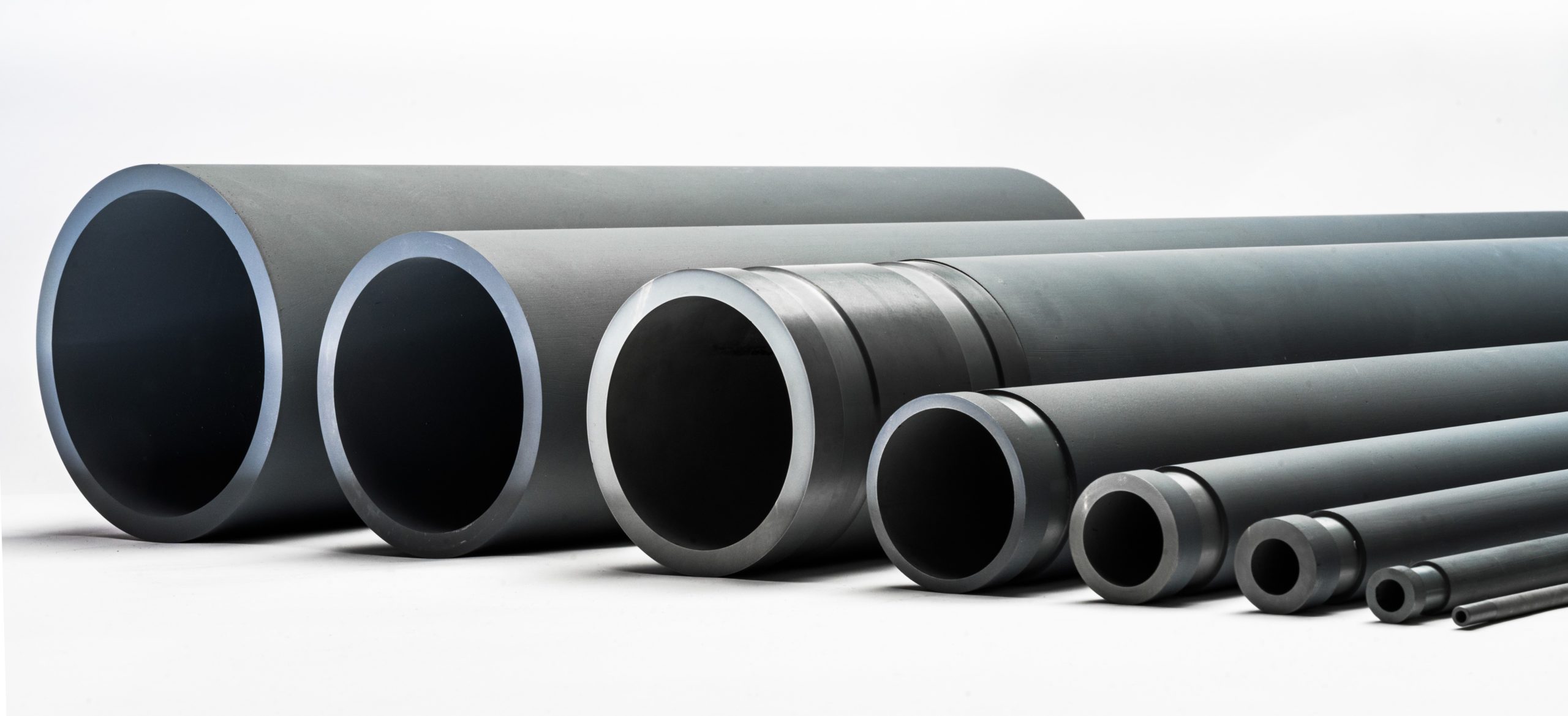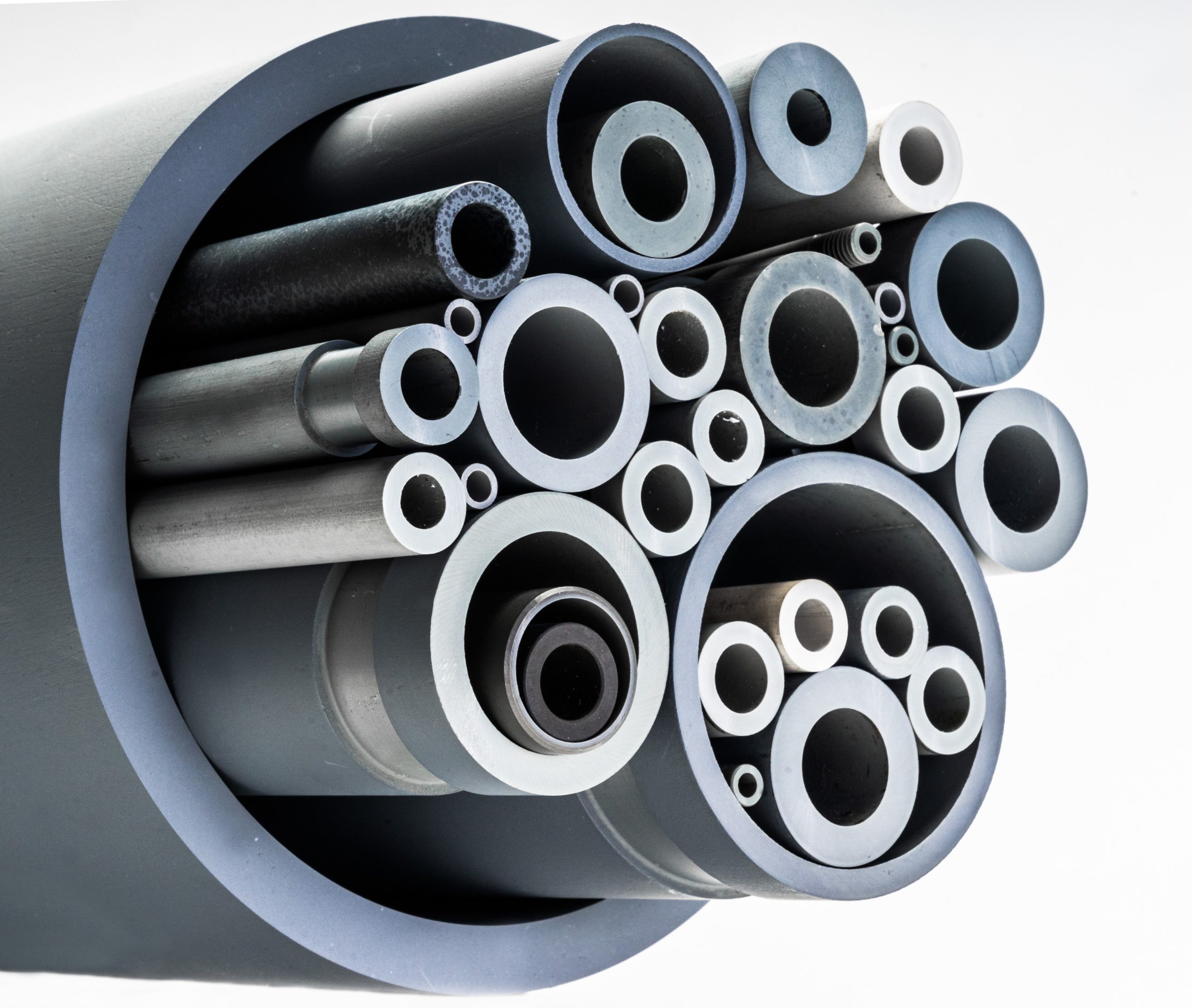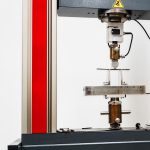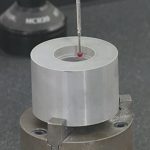Foundry operations are inherently dangerous. The production of metal castings is associated with numerous health hazards, including exposure to chemicals, gases, heat, and non-ionizing radiation. It is not uncommon for iron and steel workers to be chronically exposed to polycyclic aromatic hydrocarbons (PAHs), respirable silica, or carbon monoxide (CO). Beyond exposure issues, there are also concerns surrounding molten metal/water explosions and catastrophic component failure due to corrosion, thermal strain, or wear.
This article will explore the role of advanced ceramics in key molten metals safety topics, with a focus on the use of silicon nitride ceramics for greater ongoing quality assurance—thus improved occupational safety.
Molten Metals: Handling the Heat with Silicon Nitride Ceramics
Ensuring that foundry processes run smoothly is essential for both production efficiency and plant safety. Poorly maintained handling and monitoring equipment can lead to a greater margin for error in critical processing parameters. Temperature, for instance, is both an important process metric and a cause for concern. Silicon nitride ceramics are deployed in aluminium and non-ferrous casting primarily due to their exceptional thermal properties. But how does this impact plant safety?

Sialon heater and thermocouple protection tubes – Image Credit: International Syalons (Newcastle) Ltd.
Silicon Nitride Foundry Products
Continuous real-time temperature measurement at multiple touchpoints in the molten metal handling process is essential for several key safety reasons. Firstly, the generation of harmful airborne contaminants (i.e. PAHs) may be temperature dependent—though controlling melt temperature with the precision necessary to eliminate specific toxin generation may be impossible. Secondly, it can provide vital information for predictive maintenance strategies, which can have a profound impact on plant safety.
Silicon nitride ceramics are routinely used to shield immersion thermocouples from corrosive melts in still and fast-flowing locations. The abrasive and corrosive nature of molten metal makes it difficult to install conventional thermocouples in melt streams, as sheaths will rapidly degrade and succumb to any one of a number of failure mechanisms. Additionally, it is not uncommon for thermocouples to drift due to thermal cycling induced by sheathing materials with insufficient heat conductivity properties.
Silicon nitride ceramics possess a unique combination of thermodynamic qualities as well as exceptional resistance to chemical attack, making it an ideal choice for shielding immersion thermocouples. Syalon 101, for instance, is a high-performance silicon nitride ceramic known worldwide for its outstanding performance in direct contact with non-ferrous melts like aluminium and zinc. Similarly, silicon nitrides like Syalon 101 are routinely used for melt level monitoring as heater and riser tubes.
The non-wetting properties and corrosion and high temperature resistance of sialon heater tubes, riser tubes and thermocouple protection sheaths greatly increases the service life of these essential consumable products compared to low cost steel or aluminium titanate, which in turn leads to reduced maintenance and repairs which, due to the nature and scale of such holding furnaces, poses inherent safety risks during each time a replacement is required.

Sialon thermocouple protection tubes – Image Credit: International Syalons (Newcastle) Ltd.
International Syalons is the UK’s leading manufacturer of advanced ceramic components based on silicon nitride. Contact us today if you would like to learn more about improving your molten metal handling processes, and keeping your workers safe. Or, refer to the articles below to learn more about using silicon nitrides in foundry processes and molten metal handling applications.



